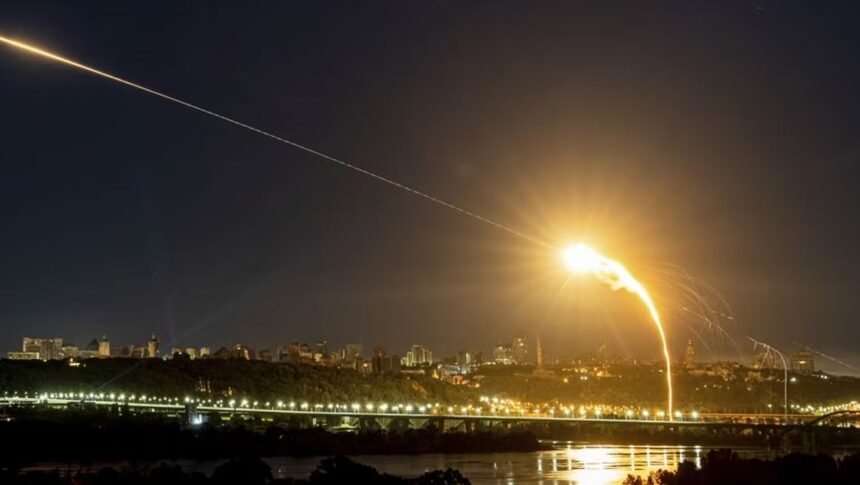Ukrainian forces struck two major oil refineries in Russia—Krasnodar in the south and Syzran in the Samara region—overnight on August 30, causing explosions and fires at key facilities that supply fuel to Russian military units.
According to Ukraine’s General Staff, the operations, carried out in coordination with the Special Operations Forces, aimed to reduce Russia’s offensive capabilities and disrupt its fuel supply lines.
The Krasnodar refinery produces about 3 million tons of gasoline, diesel, and aviation fuel annually, while the Syzran plant can process up to 8.5 million tons per year. Damage assessments have not yet been released, and no casualties have been reported, RFE/RL noted.
Meanwhile, Russian forces carried out one of their largest aerial offensives in recent weeks, launching 537 drones and 45 missiles against targets across Ukraine. Ukrainian air defenses said they managed to shoot down 510 drones and 38 missiles, but five missiles and 24 drones struck seven different locations.
In Zaporizhzhia, Russian strikes killed one person and wounded 22 others, including three children. Residential areas, apartment buildings, and industrial facilities were damaged.
Ukrainian President Volodymyr Zelensky accused Moscow of exploiting diplomatic delays to intensify its attacks and urged tougher sanctions against Russia’s banking and energy sectors.
No new date has been set for further negotiations between the two governments. Ukraine has accepted a U.S.-backed ceasefire proposal and is pushing for a direct meeting between Putin and Zelensky, but Moscow has not agreed.
“The only way to reopen a window of opportunity for diplomacy is through tough measures against all those who finance the Russian army and through effective sanctions against Moscow itself—banking and energy sanctions,” Zelensky wrote on X on August 30.
A day earlier, Kremlin spokesman Dmitry Peskov reiterated Moscow’s stance that President Vladimir Putin had not ruled out a meeting with Zelensky but stressed that such a summit would only happen after “expert-level progress” was made.
Meanwhile, the United States approved an $8.5 billion deal to sell Patriot air defense systems to Denmark, which plans to transfer them to Ukraine to strengthen its air defenses. Other NATO countries are taking similar steps in response to heightened threats, though U.S. funding for arms transfers remains uncertain.







